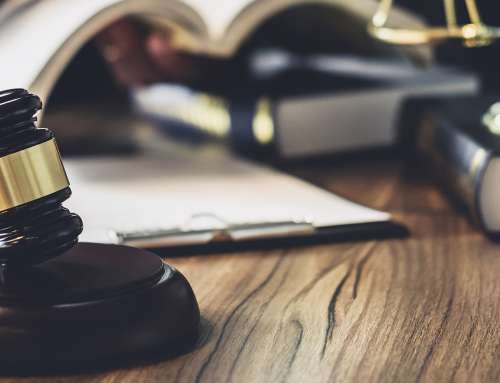Myths About Forensic Psychology and criminology psychologists, both are professionals who specialise in understanding the criminal mind and behavior. They use their expertise to assist law enforcement agencies, courts, and other organizations to solve crimes, assess criminals, and provide expert testimony.
This blog post aims to clear up misconceptions surrounding the roles of criminology and forensic psychology experts. While often portrayed in media as detectives or crime-solvers, their real duties lie within the legal system and revolve around understanding criminal behavior and its impact.
4 Myths About Forensic Psychology and Criminology Experts
1. They don’t directly handle crime scene evidence
While some forensic psychologists may be involved in analysing crime scene evidence, their primary focus is on the psychological aspects of the crime, not physical evidence.
2. They aren’t secret agents
Unlike intelligence agents who gather information and participate in operations, forensic psychologists analyse criminal behavior patterns and mental states within the legal framework.
3. They don’t “fix” false positives
Ethical considerations prevent them from intentionally manipulating diagnoses for legal advantages. They can, however, identify and address false-positive mental health reports created by others.
4. They aren’t solely responsible for incarceration
Their role is to provide information to the court, not to determine punishment.
What is the Actual Role Forensic Psychology and Criminology Experts?
Criminology and forensic psychology experts contribute to various legal areas, including
1. Custody disputes
Evaluating visitation risks and potential harm to children.
2. Domestic violence
Identifying abusive patterns, offering therapy, and supporting rehabilitation.
3. Criminal trials
Assessing a defendant’s mental competency to stand trial and their mental state at the time of the crime.
4. Victim support
Providing psychotherapy to those affected by crime.
5. Legal consultations
Acting as consultants for defence or prosecution teams in criminal cases.
6. Research
Conducting research on forensic psychology topics and past studies.
7. Criminology
Studying why people commit crimes and developing criminal profiles based on psychological traits.
Final Thoughts
Criminology and forensic psychology experts play a crucial role in the legal system. They analyse criminal behavior, assess mental states, and provide expert opinions, aiding in a more informed and just legal process. While television and media often portray them in inaccurate ways, their true role is far more complex and vital within the legal framework.
If you require expert court reports prepared by a forensic psychologist, Concise Medio is the best choice, we specialised in providing top-notch forensic psychology expert witness services to assist you in the legal process.




